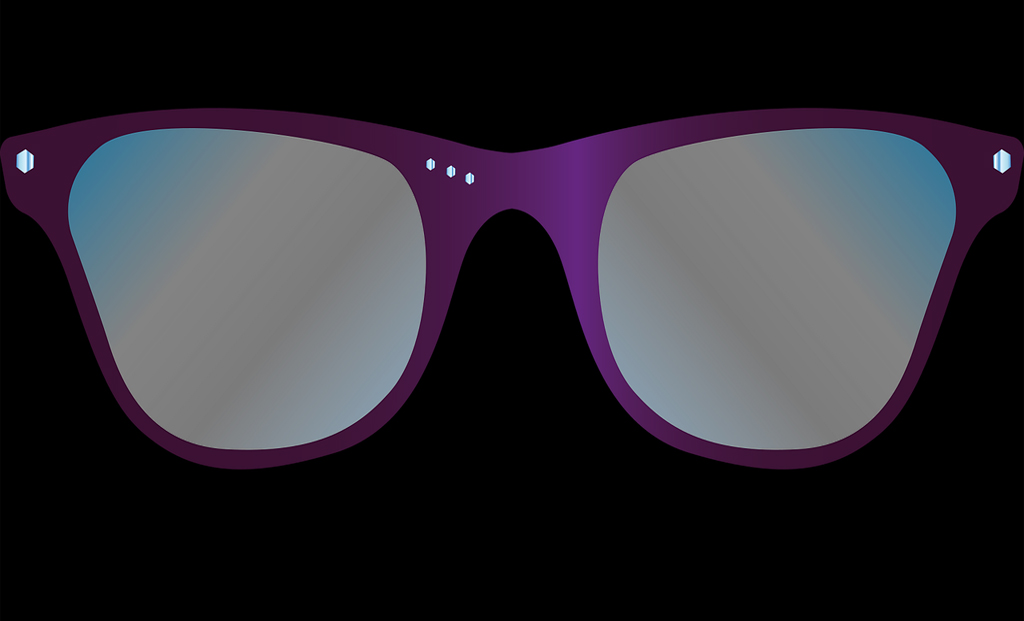According to a recent study conducted by researchers, including one of Indian origin, the commonly marketed blue-light glasses do not appear to alleviate eye strain caused by computer usage or enhance sleep quality. These spectacles, designed to filter out blue light, have gained popularity as a means of mitigating digital eye strain and improving sleep patterns. However, a comprehensive analysis of 17 randomized controlled trials from various countries by researchers in the UK and Australia found no substantial evidence to support the claims.
Blue-light filtering lenses might aid in reducing eye strain
Although blue-light filtering lenses, also referred to as blue-light blocking spectacles, have been promoted and even prescribed by optometrists since the early 2000s, the study’s findings suggest that they might not provide the anticipated benefits. The research examined the impact of these lenses on the retina, the light-sensitive tissue at the back of the eye, and concluded that they do not offer notable protection against retinal damage.
Dr. Sumeer Singh, a postdoctoral research fellow at the University of Melbourne, explained that the amount of blue light emitted by artificial sources such as computer screens is minuscule compared to natural daylight. Furthermore, the lenses only filter out around 10-25 percent of blue light and altering this percentage significantly would lead to a noticeable amber tint that could affect colour perception.
The researchers also highlighted the ambiguous mechanisms through which blue-light filtering lenses might aid in reducing eye strain, improving sleep, and safeguarding the retina. Claims that digital devices emit more blue light than traditional light sources and are used extensively, especially closer to bedtime, underpin the perceived benefits of these lenses. However, the study’s findings were inconclusive and uncertain in supporting these claims.
Government Giving Special Emphasis On Traditional Medicine, Says Health Minister Mansukh Mandaviya | ALSO READ
Laura Downie, Associate Professor at the University of Melbourne, stressed that the study’s outcomes have broad implications, including for eye care professionals, patients, researchers, and the general public. The analysis did not reveal consistent reports of adverse side effects from using blue-light filtering lenses, although mild discomfort, headaches, and lower mood were occasionally reported. Notably, similar effects were reported with non-blue-light filtering lenses.
In conclusion, the study found no immediate advantages in terms of reducing visual fatigue associated with computer use when comparing blue-light filtering lenses to non-blue-light filtering lenses. Moreover, the impact on vision quality, sleep-related outcomes, and long-term retinal health remains unclear. People are advised to consider these findings before opting to purchase blue-light glasses. The study’s results were published in the Cochrane Database of Systematic Reviews.











